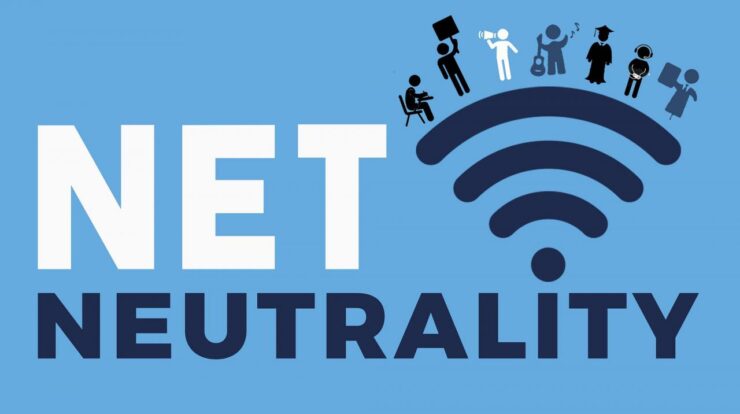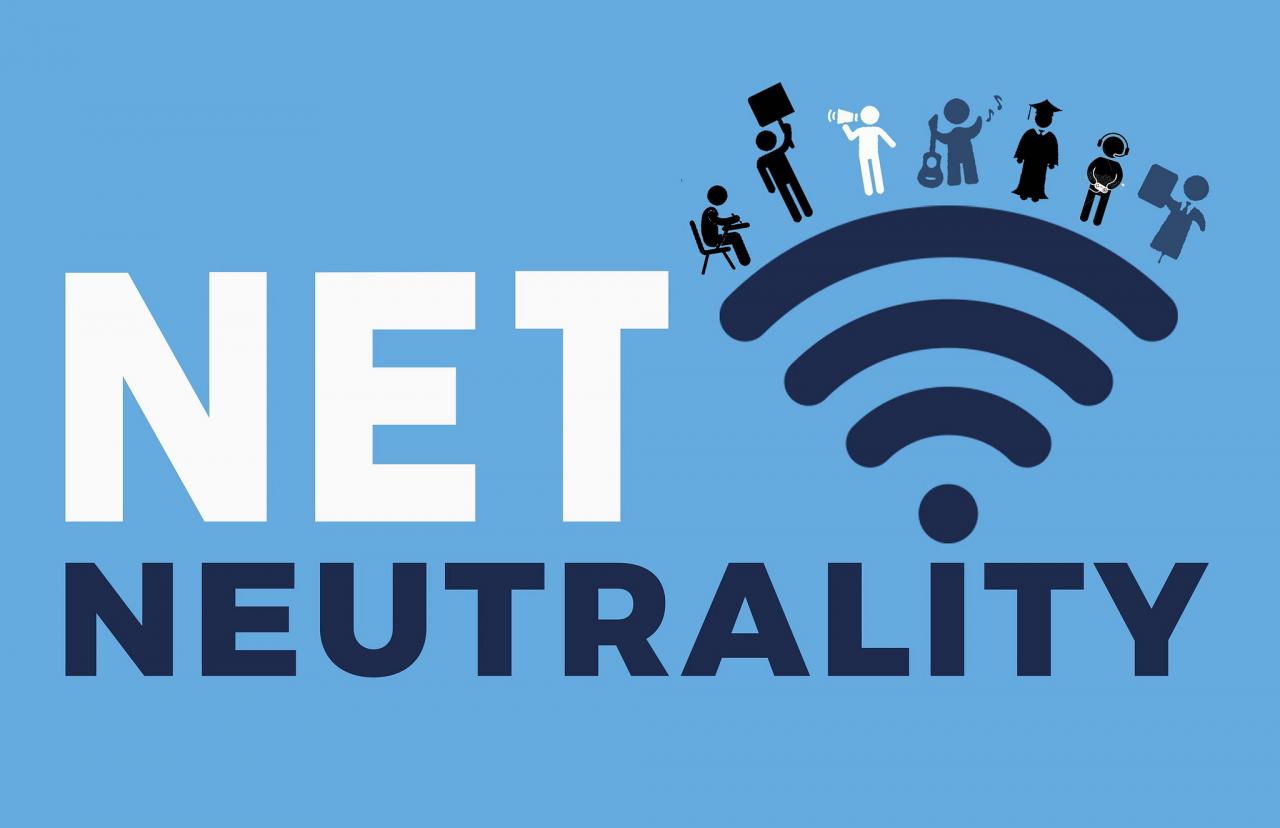
The concept of net neutrality definition takes center stage in this discourse, providing a comprehensive understanding of the principle that advocates for equal access to the internet, without discrimination or preferential treatment. This principle forms the cornerstone of a free and open internet, ensuring that users can access content, applications, and services without hindrance.
The core components of net neutrality definition encompass equal access, non-discrimination, and transparency. Equal access implies that all users should have the ability to connect to the internet and access its resources without any artificial barriers or restrictions. Non-discrimination prohibits internet service providers (ISPs) from treating certain types of traffic differently, ensuring that all content is delivered at the same speed and quality.
Transparency requires ISPs to be open about their network management practices, providing users with clear information about how their traffic is being handled.
Definition of Net Neutrality
Net neutrality refers to the principle that all internet traffic should be treated equally, regardless of its source, destination, or content. It ensures that internet service providers (ISPs) cannot discriminate against or favor certain types of traffic, thereby preserving the open and accessible nature of the internet.
The core components of net neutrality include:
- Equal Access:All users should have equal access to all legal content and applications on the internet.
- Non-Discrimination:ISPs cannot block, throttle, or degrade traffic based on its content, source, or destination.
- Transparency:ISPs must disclose their network management practices and any potential impact on traffic.
Net neutrality affects everyday internet usage in numerous ways:
- It ensures that users can access all websites, applications, and services without being blocked or slowed down.
- It prevents ISPs from charging extra fees for accessing certain types of content or services.
- It promotes innovation and competition among internet service providers and content providers.
Historical Context of Net Neutrality
The concept of net neutrality has evolved over time, with key milestones in its development:
- 1998:The Federal Communications Commission (FCC) adopts the Open Internet Order, which establishes net neutrality principles.
- 2005:The FCC reclassifies broadband internet as a telecommunications service, giving it greater authority to enforce net neutrality rules.
- 2010:The FCC adopts the Open Internet Transparency Rule, requiring ISPs to disclose their network management practices.
- 2015:The FCC adopts the Open Internet Order II, strengthening net neutrality rules and prohibiting blocking, throttling, or paid prioritization.
- 2017:The FCC repeals the Open Internet Order II, eliminating net neutrality regulations.
- 2021:The Biden administration directs the FCC to restore net neutrality rules.
Industry players, consumer groups, and policymakers have played significant roles in shaping net neutrality regulations.
Arguments for Net Neutrality
Economic Benefits:
- Promotes innovation by allowing new applications and services to emerge without being stifled by ISPs.
- Encourages competition among ISPs and content providers, leading to lower prices and better services.
- Supports economic growth by enabling businesses to reach customers and innovate without being hindered by ISPs.
Social and Political Implications:
- Protects free speech by ensuring that all voices can be heard online.
- Promotes access to information by preventing ISPs from blocking or degrading content based on its political or social viewpoint.
- Fosters a fair and equitable internet landscape, preventing ISPs from favoring certain content or services.
Arguments Against Net Neutrality
Concerns about Network Management:
- ISPs argue that they need to manage their networks to ensure optimal performance for all users.
- They claim that net neutrality regulations restrict their ability to prioritize certain types of traffic, such as streaming video or emergency services.
Potential Negative Effects on ISPs and Content Providers:
- ISPs argue that net neutrality regulations prevent them from charging different prices for different services, which could reduce their revenue.
- Content providers worry that net neutrality could limit their ability to negotiate favorable deals with ISPs for faster delivery of their content.
Trade-offs with Other Policy Considerations:
- Some argue that net neutrality may hinder the development of new technologies and services.
- Others believe that it may be necessary to prioritize certain types of traffic, such as emergency services, to ensure their reliability.
Global Perspectives on Net Neutrality

Net neutrality regulations vary across countries:
- United States:Net neutrality regulations have been a subject of ongoing debate and policy changes.
- European Union:Strong net neutrality regulations are in place, protecting users’ rights to access and share content.
- China:The government has significant control over the internet, including the ability to block or censor content.
- India:Net neutrality regulations have been implemented, but there are concerns about potential loopholes.
Cultural, economic, and political factors influence the adoption of net neutrality policies.
Future of Net Neutrality: Net Neutrality Definition
The future of net neutrality remains uncertain:
- Ongoing Debates:The debate over net neutrality continues, with proponents and opponents arguing for their respective positions.
- Technological Advancements:The emergence of new technologies, such as 5G networks and artificial intelligence, may impact the need for net neutrality regulations.
- Policy Developments:Governments and regulatory agencies will continue to grapple with the challenges of balancing net neutrality with other policy considerations.
Last Point
In essence, net neutrality definition serves as a crucial safeguard for internet freedom and innovation. It ensures that the internet remains a level playing field, where users can access and share information without fear of censorship or discrimination. As the internet continues to evolve, the principles of net neutrality will remain paramount in shaping its future and ensuring that it remains a platform for open communication, economic growth, and social progress.
Helpful Answers
What is the significance of net neutrality?
Net neutrality is essential for maintaining a free and open internet, where users can access content and services without discrimination or interference from ISPs.
How does net neutrality affect consumers?
Net neutrality ensures that consumers have equal access to all online content and services, regardless of their source or destination.
What are the potential consequences of violating net neutrality principles?
Violations of net neutrality can lead to reduced competition, higher prices, and limited access to online content and services.





